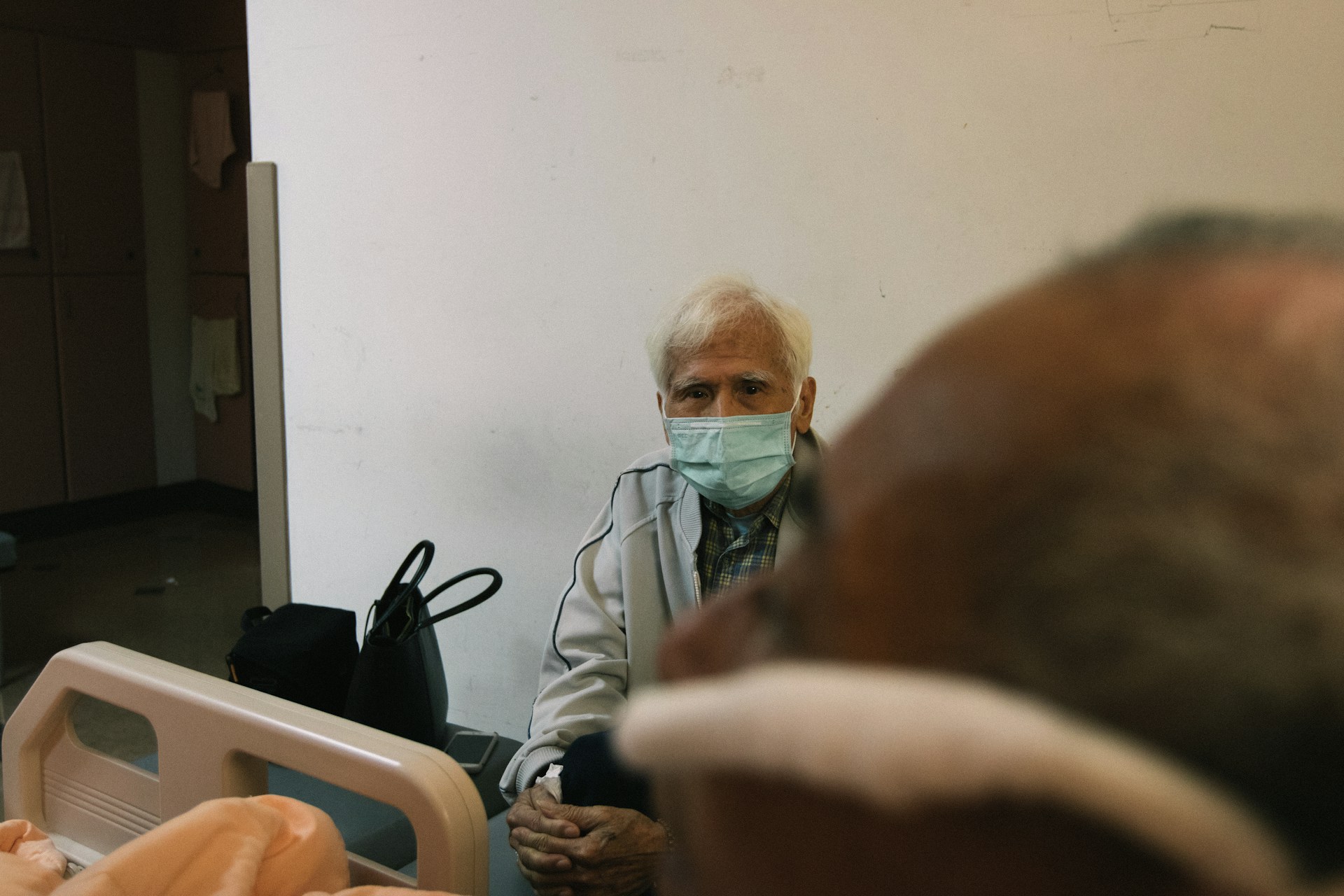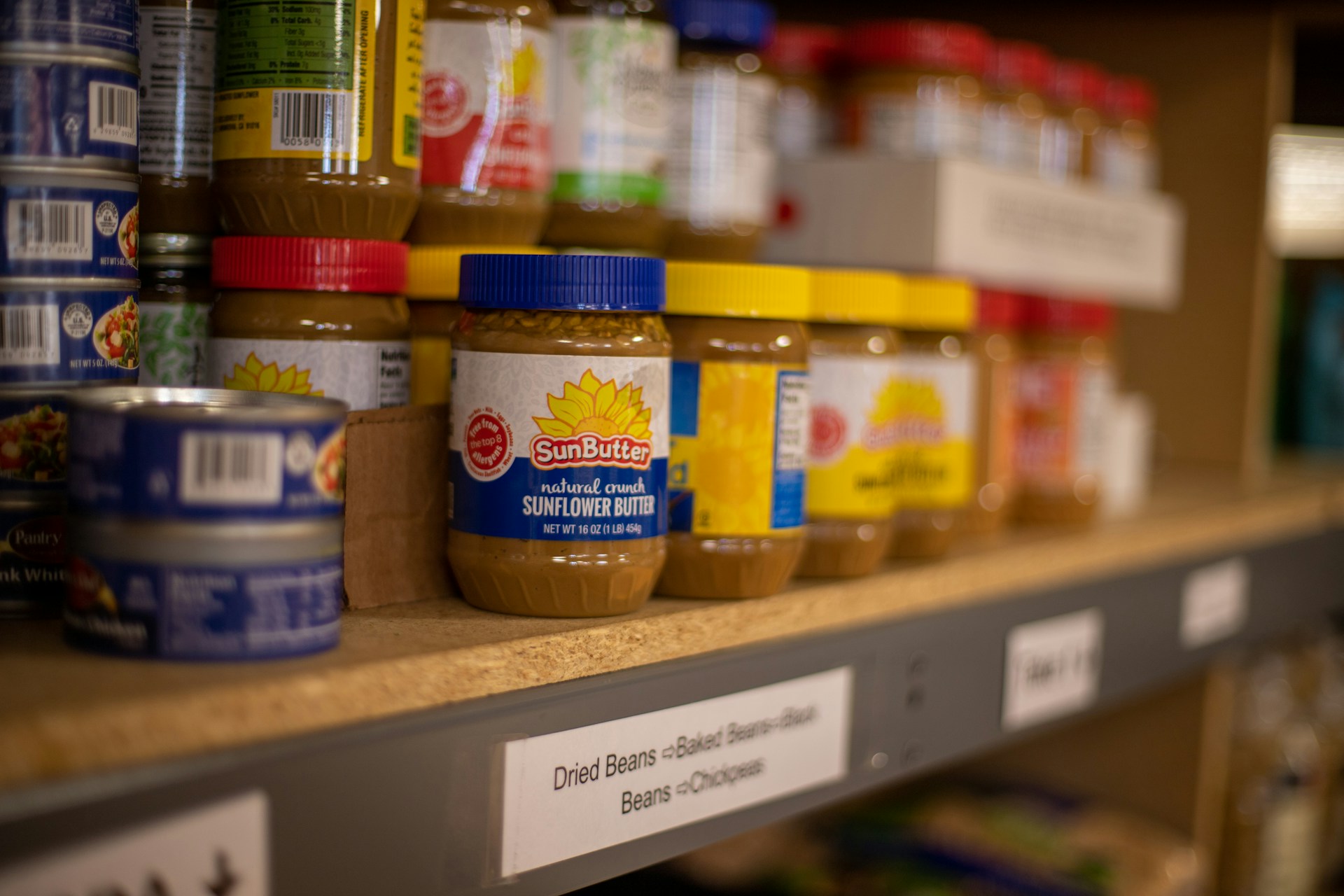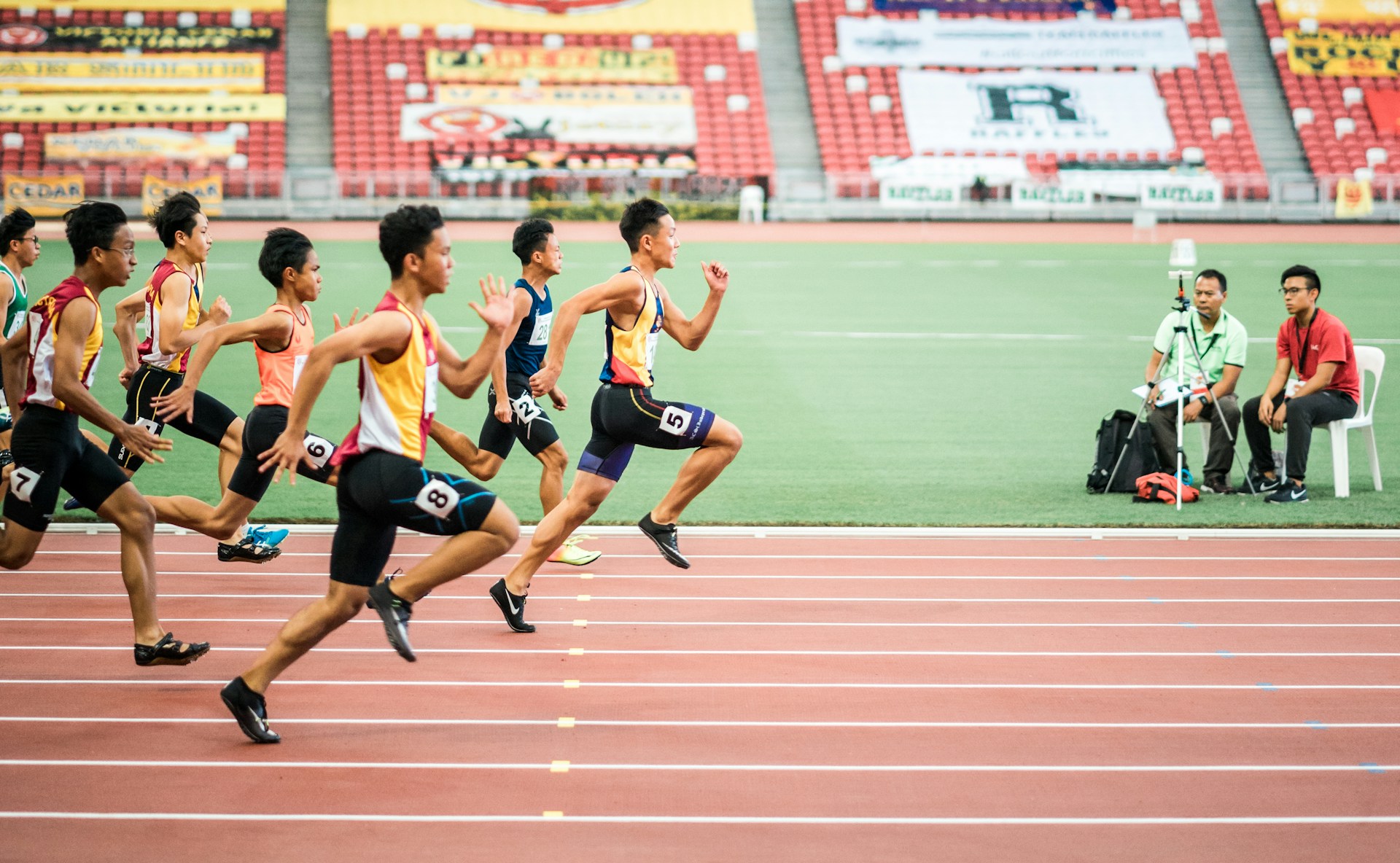Understanding Organic Agriculture in Batur Village: Notes Toward Sustainable Food System
Downloads
Background: Recently, the increase in population and the shift in food consumption patterns has affected the whole food production system. In addition, it encourages the government to implement imports, which causes a fluctuation of food prices and can affect food vulnerability for the poor. Most of the population in Indonesia live as farmers in the countryside. Some of them tend to struggle because of the uncertainty of food production which is caused by the limitations of natural resources, climate change, and natural disasters. Consequently, it makes them food insecure. Some of the farmers have already employed organic horticultural agriculture. It means indirectly they have already applied a sustainable food system that has a positive impact on three-dimensional aspects: economic values, social benefits, and environmental sustainability.
Objectives: The purpose of this study is to determine the extent to which farmers have implemented a sustainable food system.
Methods: With the qualitative method, this research uses Focus Group Discussion (FGD) and in-depth interviews approach to find out the opinions of participants on implementing a sustainable food system.
Results: It can be confirmed from this research that all of the participants have applied the sustainable food system (SFS) theory from their own perspectives. They consider using less chemical fertilizer and pesticides, sharing information about how to manage pests, fungus, and diseases among the farmers; and using the intercropping method. Based on those activities, they construct their own sustainability.
Conclusions: The conclusion from this study found that participants have implemented SFS in different ways, although the SFS theory carried out by research participants has the same goal, namely for sustainability for future generations.
Statistik, B. P. Statistik Indonesia 2019. BPS Jakarta: Badan Pusat Statistik (2019).
Dewan Ketahanan Pangan, Pertanian, K. & (WFP), W. F. P. Atlas of Indonesia: Food Security. (2015).
Singh, S. Global food crisis: Magnitude, causes and policy measures. Int. J. Soc. Econ. 36, 23–36 (2009).
Widayaningsih, N. Ketahanan Pangan Pada Rumah Tangga Miskin (Perbandingan Kasus di Perdesaan dan Perkotaan Kab. Banyumas). Pembang. Pedesaan 2, 45–55 (2012).
Prasetyaningtyas, D. & Nindya, T. S. Hubungan Antara Ketersediaan Pangan Dengan Keragaman Pangan Rumah Tangga Buruh Tani. Media Gizi Indones. 12, 149 (2018).
Bank, T. W. Poverty and health. vol. 33 https://www.worldbank.org/en/topic/health/brief/poverty-health (2014). (Accessed: 9 July 2020).
Statistik, B. P. Profil Kemiskinan di Indonesia Maret 2019. 1–8 (2018).
Warto. Kondisi Kemiskinan Petani dan Upaya Penanggulangannya. J. Penelit. Kesejaht. Sos. 14, 20–29 (2015).
Prihatin, S, D., Hariadi, S, S., dan M. Perbedaan Perilaku Petani dalam Mewujudkan Ketahanan Pangan Rumah Tangga di Lahan Basah dan Lahan Kering, Daerah Istimewa Yogyakarta. J. Sosiol. USK (Media Pemikir. Apl. 3, 33–58 (2013).
Biel, R. Sustainable Food Systems. Sustainable Food Systems (2016). doi:10.14324/111.9781911307099.
Gaitán-Cremaschi, D. et al. Characterizing diversity of food systems in view of sustainability transitions. A review. Agron. Sustain. Dev. 39, (2019).
Mayrowani, H. Pengembangan Pertanian Organik Di Indonesia The Development Of Organic Agriculture In Indonesia. Forum Penelit. Agro Ekon. 30, 91–108 (2012).
Schreer, V. & Padmanabhan, M. The many meanings of organic farming: framing food security and food sovereignty in Indonesia. Org. Agric. 10, 327–338 (2020).
Nurmalina, R. Analysis of Sustainability Index and Status of Rice Availability System in Several Regions in Indonesia. J. Agro Ekon. 26, 47–79 (2008).
Priantoro, A. T., Priyotamtama, P. W. & Handoyo, D. Gunung Kidul Secara Berkelanjutan. 29–42 (2015).
Willett, W. et al. Food in the Anthropocene: the EAT–Lancet Commission on healthy diets from sustainable food systems. Lancet 393, 447–492 (2019).
Amalia, A. A. Analisis Hubungan Dinamika Kelompok dengan Efektivitas Kelompok Tani Tranggulasi Di Desa Batur, Kecamatan Getasan, Kabupaten Semarang. AGRISAINTIFIKA J. Ilmu-Ilmu Pertan. 2, 94 (2019).
White, B. Prelims - Agriculture and the Generation Problem. Agric. Gener. Probl. 43, i–xii (2020).
Sri Hery Susilowati. Farmers Aging Phenomenon and Reduction in Young Labor : Its Implication for Agricultural Development. Forum Penelit. Agroecon. 34, 35–55 (2016).
Buana, D. & Suwardani, A. Jurnal Sosial Ekonomi Pertanian. J. Sos. Ekon. Pertan. 13, 92–98 (2020).
Handayani, A. Pengaruh model tumpang sari terhadap pertumbuhan dan hasil tanaman gandum dan tembakau. J. Widyariset 14, 479–488 (2011).
Arifin, P. F. et al. Pengaruh Pola Tanam Tumpang Sari terhadap Produktivitas Rimpang dan Kadar Senyawa Aktif Temulawak ( Curcuma xanthorrhiza Roxb .). 2, 51–59 (2017).
Food and Agriculture Organization of the United Nations (FAO). Sustainable food systems. Concept and framework. 1–8 (2018).
Dewanto, F. G., Londok, J. J. M. R., Tuturoong, R. A. V. & Kaunang, W. B. Pengaruh Pemupukan Anorganik Dan Organik Terhadap Produksi Tanaman Jagung Sebagai Sumber Pakan. Zootec 32, 1–8 (2017).
Soekamto, M. H. & Fahrizal, A. Volume 1 Nomor ( 2 ) Halaman : 14-23 Volume 1 Nomor ( 2 ) Halaman : 14-23. 1, 14–23 (2019).
Afriadi Simanjuntak, Ratna Rosanty Lahay, E. P. Respon Pertumbuhan dan Produksi Bawang Merah (Allium Ascalonicum L.) Terhadap Pemberian Pupuk NPK dan Kompos Kulit Buah Kopi. J. Online Agroekoteknologi 1, 362–373 (2013).
Arif, A. Pengaruh bahan kimia terhadap penggunaan pestisida lingkungan. Jf Fik Uinam 3, 134–143 (2015).
Singkoh, M. & Katili, D. Y. Bahaya Pestisida Sintetik (Sosialisasi Dan Pelatihan Bagi Wanita Kaum Ibu Desa Koka Kecamatan Tombulu Kabupaten Minahasa). JPAI J. Peremp. dan Anak Indones. 1, 5 (2019).
Copyright (c) 2022 Amerta Nutrition

This work is licensed under a Creative Commons Attribution-ShareAlike 4.0 International License.
AMERTA NUTR by Unair is licensed under a Creative Commons Attribution-ShareAlike 4.0 International License.
1. The journal allows the author to hold the copyright of the article without restrictions.
2. The journal allows the author(s) to retain publishing rights without restrictions
3. The legal formal aspect of journal publication accessibility refers to Creative Commons Attribution Share-Alike (CC BY-SA).
4. The Creative Commons Attribution Share-Alike (CC BY-SA) license allows re-distribution and re-use of a licensed work on the conditions that the creator is appropriately credited and that any derivative work is made available under "the same, similar or a compatible license”. Other than the conditions mentioned above, the editorial board is not responsible for copyright violation.












































